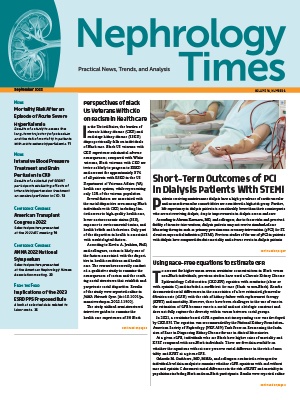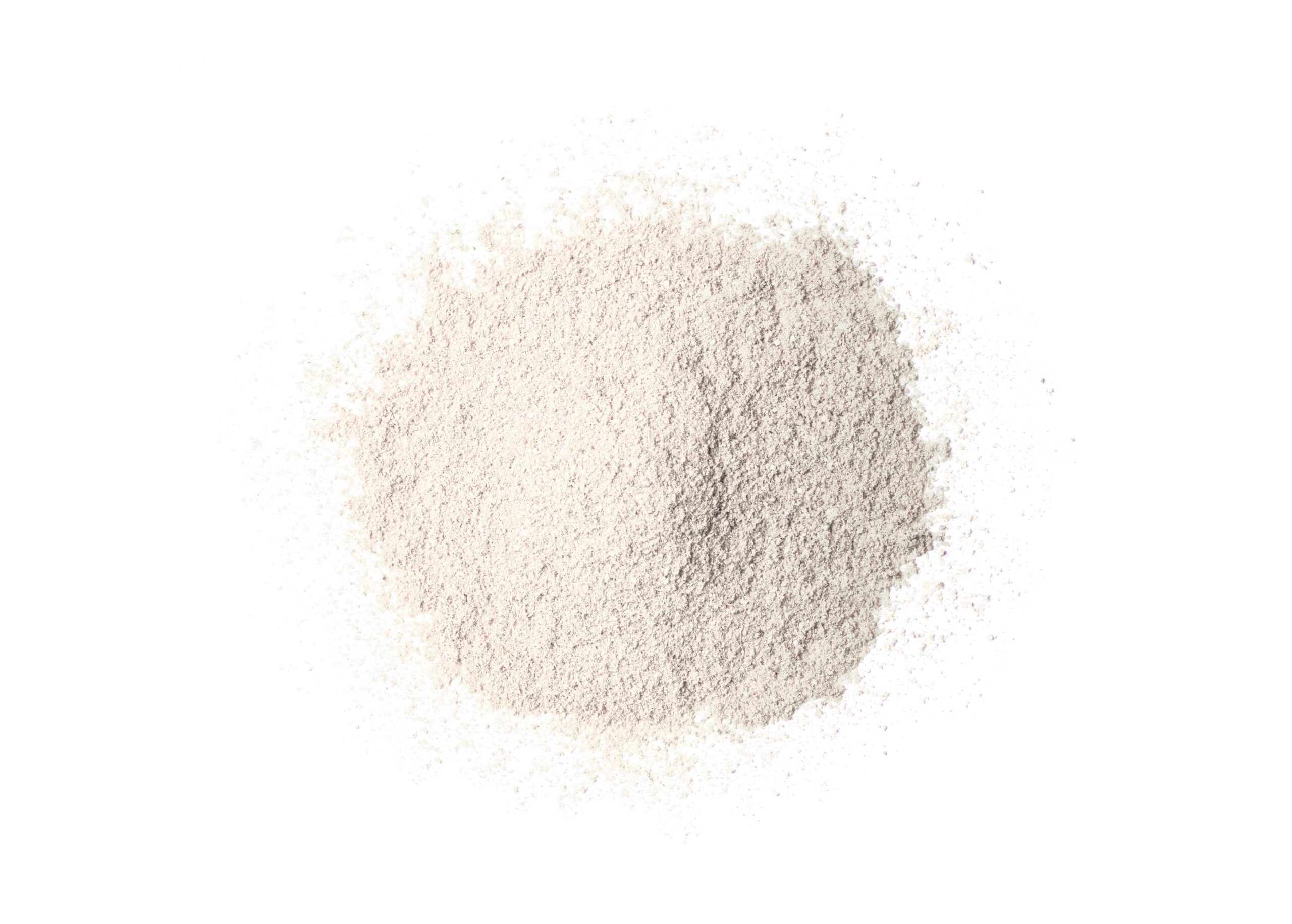
Amy Larkin, PharmD, and colleagues at Medscape, New York, New York, conducted an analysis to determine whether the clinical knowledge and competence of nephrologists related to the link between potassium and acid regulation and the implications for practice could be improved via an online continuing medical education (CME) program. Results of the analysis were reported during a poster session at NKF SCM22 in a poster titled Impact of Online CME on Nephrologists’ Understanding of Potassium and Acid Regulation and Implications for Clinicians.
The researchers analyzed the effect of the online, 30-minute, CME-certified expert discussion to determine the efficacy of the activity. Prior to and immediately after each activity, three multiple-choice questions on knowledge/competence and one on confidence in self-efficacy were presented. The analysis included a repeated pairs pre-/postassessment study design and the overall educational effect was assessed using a paired samples t-test and; McNemar’s test was used for assessment at the question level (5% significance level, P<.05). The activity launched March 24, 2021; data collection continued through June 1, 2021.
A total of 198 nephrologists answered all pre-and postassessment questions and were included in the analysis. Overall, 57% of nephrologist improved their knowledge (P<.01), and 27% of nephrologists demonstrated improvements at identifying the role played by hyperkalemia in the production of ammonia in the kidneys (P<.01).
Sixteen percent of participants demonstrated improvements at recognizing the effect of potassium binder on metabolic acidosis (nonsignificant), and 12% demonstrated improvements at identifying a clinical strategy for reducing metabolic acidosis in patients with CKD and hyperkalemia (nonsignificant). Increased confidence in knowledge of potassium regulation and its role in metabolic acidosis was reported by 45% of participants.
Identified gaps in continued education included 19% of nephrologists needing additional education related to identification of the role of hyperkalemia in the production of ammonia in the kidneys, 22% need additional education to recognize the effect of potassium binder on metabolic acidosis, and 46% need additional information on identification of a clinical strategy to reduce metabolic acidosis in patients with CKD and hyperkalemia.
“This study demonstrated the success of online, video-based three-expert discussion on improving knowledge of nephrologists and primary care physicians related to the link between potassium and acid regulation and implications for practice,” the researchers said. “Continued gaps were identified, specifically related to competence, or case-based clinical decisions, for future educational targets.”
Source: Larkin A, Blatherwick D, Boutsalis G. Impact of online CME on nephrologists understanding of potassium and acid regulation and implications for clinicians. Abstract of a poster (Poster #297) presented at the National Kidney Foundation 2022 Spring Clinical Meetings, Boston, Massachusetts, April 6-10, 2022.







 © 2025 Mashup Media, LLC, a Formedics Property. All Rights Reserved.
© 2025 Mashup Media, LLC, a Formedics Property. All Rights Reserved.